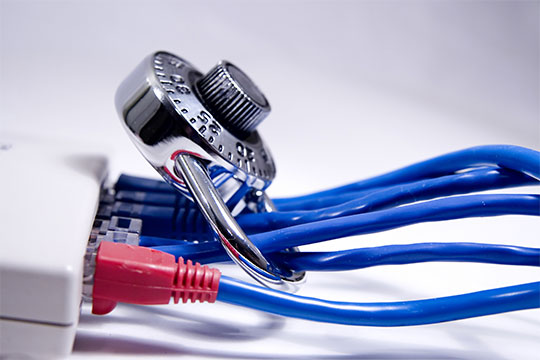Related Flashcards
Related Topics
Cards In This Set
| Front | Back |
|
What is the most costly and intrusive form of authentication?
|
Something that is part of the user such as a fingerprint or voice signature
|
|
What are the technologies available to help prevent and build resistance to attacks?
|
Content filtering, encryption, firewalls
|
|
Which of the following is not one of the three primary information security areas?
|
Detection and resistance
|
|
What is the legal protection afforded an expression of an idea, such as a song, video game, and some types of proprietary documents?
|
Copyright
|
|
What is part of the acceptable use policy stipulations?
|
Not using the service as part of violating any law
Not attempting to break the security of any computer network or user Not posting commercial messages to groups without prior permission |
|
What is the recommended way to implement information security lines of defense?
|
People first, technology second
|
|
What is intangible creative work that is embodied in physical form?
|
Intellectual property
|
|
Which act prohibits the use of video rental information on customers for any purpose other than that of marketing goods and services directly to the consumer?
|
Bork Bill
|
|
What is the identification of a user based on a physical characteristic, such as a fingerprint, iris, face, voice, or handwriting?
|
Biometrics
|
|
Which of the following represents the estimated percentage that spam accounts for in an organizations' email traffic?
|
40 to 60 percent
|
|
Which policy typically contains a nonrepudiation clause?
|
Acceptable use policy
|
|
Which policy ensures that the users know how to behave at work and that the organization has a published standard through which to deal with user infractions?
|
Ethical computer use policy
|
|
Who are hackers with criminal intent?
|
Crackers
|
|
Who breaks into other people's computer systems and just looks around or steals and destroys information?
|
Black-hat hacker
|
|
What is the right to be left alone when you want to be, to have control over your own personal possessions, and not to be observed without your consent?
|
Privacy
|




